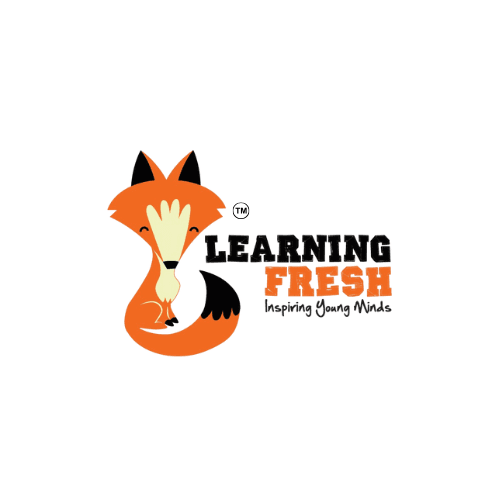Innovative Science Workshop Ideas: Sparking Curiosity in Students
Innovative science workshops are essential for sparking curiosity and encouraging students to explore the wonders of the natural world. By engaging students with hands-on activities and creative experiments, educators can inspire a lifelong love of science. Here are some exciting workshop ideas that will captivate young minds.
Interactive Chemistry Experiments
Chemistry is a fascinating subject that can be brought to life through interactive experiments. One idea is to create a "Chemistry Magic Show," where students can witness colorful reactions and learn the science behind them. Experiments like making slime or conducting simple acid-base reactions can illustrate fundamental concepts in a fun way.

Another engaging activity is the "Crystal Growing Workshop." Students can grow their own crystals using everyday materials, observing the formation process and learning about molecular structures. This hands-on approach helps solidify complex theories through visual and tactile experiences.
Exploring Physics with Everyday Objects
Physics can be made accessible and exciting by using everyday objects. The "Physics of Toys" workshop, for example, allows students to explore principles like gravity, friction, and momentum through toys and simple machines. By building their own toy cars or flying paper airplanes, students can better understand the forces at play.

Additionally, the "Sound and Vibration Lab" is a fun way to explore acoustics. Students can create their own musical instruments or experiment with tuning forks, learning how sound waves travel and how different materials affect sound.
Biology Through Interactive Exploration
Biology workshops can be both educational and engaging by encouraging students to explore the living world around them. A "Microscopic World" workshop allows students to use microscopes to examine plant cells, bacteria, and other microorganisms, sparking curiosity about the unseen world.

Another idea is the "Ecosystem Exploration" project, where students create small terrariums to study plant growth, soil composition, and water cycles. By observing and documenting changes, students connect with ecological principles and environmental science.
Technology and Robotics
Technology workshops can introduce students to the exciting world of robotics and coding. A "Build Your Own Robot" session provides hands-on experience with assembling and programming robots, fostering problem-solving skills and creativity.
Another innovative idea is the "Virtual Reality Science Lab," where students can embark on virtual field trips to distant planets or dive into the ocean's depths. These immersive experiences make learning more dynamic and engaging.

By incorporating these innovative workshop ideas into the curriculum, educators can cultivate a sense of wonder and excitement in students. These hands-on activities not only enhance understanding but also inspire the next generation of scientists and innovators.
